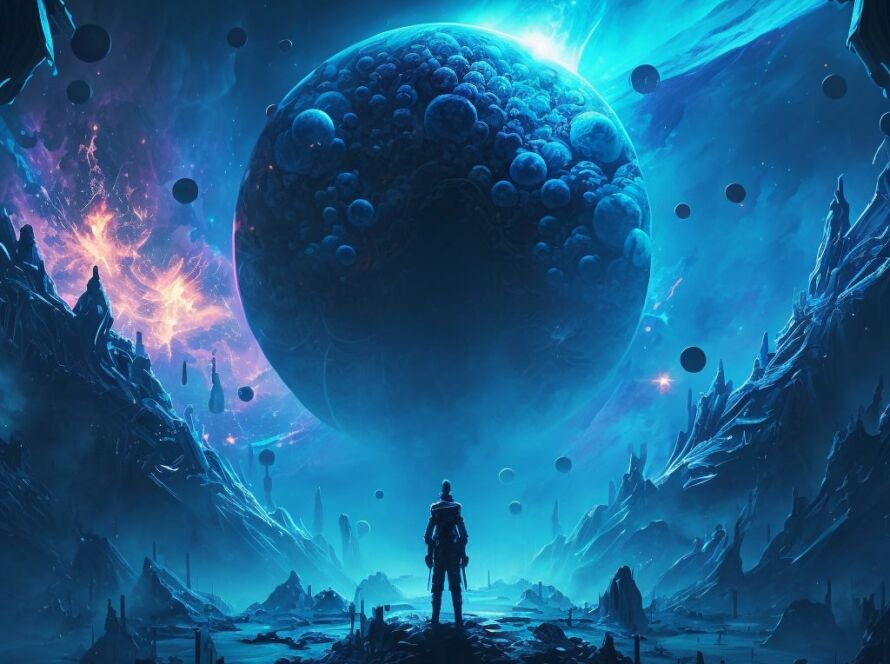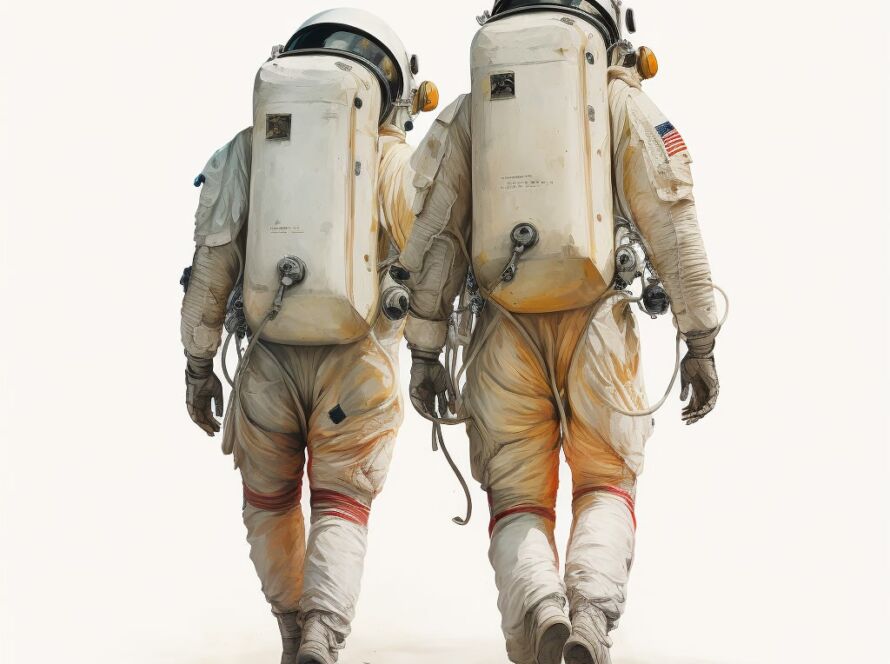While AI has not definitively solved the origin of life, it has been used to simulate early Earth conditions and explore hypotheses about how life began. AI-driven models are being employed to better understand the chemical pathways that might have led to life from non-living matter.

The origin of life is one of the most profound mysteries in science. How did life arise from non-living matter? What were the first biochemical steps that led to the emergence of living organisms on Earth? These questions have fascinated scientists for centuries. While there are several theories about how life began, such as the “primordial soup” and deep-sea hydrothermal vent hypotheses, the exact biochemical processes that led to life remain elusive. Recently, artificial intelligence (AI) has emerged as a powerful tool in biochemistry, providing new insights into the origins of life by simulating chemical reactions, analyzing vast amounts of data, and guiding laboratory experiments.
How AI is Helping to Unravel the Origin of Life
- Simulating Prebiotic Chemical Reactions
One of the primary challenges in understanding the origin of life is recreating the chemical conditions on early Earth. AI is being used to simulate prebiotic chemical reactions, helping scientists explore how simple molecules could have combined to form more complex organic compounds. By modeling various scenarios, such as the impact of temperature, pH, and chemical concentrations, AI can predict which reactions are most likely to lead to the formation of life’s essential building blocks, such as amino acids, nucleotides, and lipids.
Machine learning algorithms are particularly useful in exploring these chemical networks, as they can identify pathways that may not be obvious through traditional methods. For example, AI can suggest alternative reaction routes for the synthesis of ribonucleic acid (RNA) or other key molecules, which could shed light on how these components spontaneously formed in the primordial environment.
- Analyzing Vast Biological Datasets
The study of life’s origins involves sifting through massive amounts of biological data, including genetic sequences, protein structures, and metabolic networks. AI is being employed to analyze these datasets and identify patterns that may reveal clues about the earliest life forms. By comparing the genetic sequences of different organisms, AI can trace the evolution of fundamental biochemical processes, such as DNA replication and protein synthesis, back to their origins.
Additionally, AI can help identify the “minimal genome” — the smallest set of genes required for an organism to survive. This minimal genome could resemble the genetic makeup of the earliest life forms, offering insights into the fundamental biochemical functions that were necessary for the emergence of life.
- Optimizing Experimental Conditions in the Laboratory
Recreating the origin of life in a laboratory setting is a complex task that involves testing numerous variables and chemical conditions. AI can assist researchers by optimizing experimental conditions, such as selecting the right mixture of chemicals, catalysts, and energy sources. Machine learning algorithms can analyze experimental data in real-time, adjusting conditions to increase the likelihood of producing biologically relevant molecules.
For example, AI can guide experiments to synthesize RNA or peptides from simpler molecules, helping researchers recreate the steps that may have led to the first self-replicating systems. This approach accelerates the pace of research by reducing the need for trial-and-error experimentation.
- Exploring Alternative Hypotheses
While traditional hypotheses about the origin of life focus on Earth-like conditions, AI allows scientists to explore alternative scenarios, such as life arising in extraterrestrial environments or under different chemical conditions. By simulating various planetary environments, AI can help identify which factors are critical for the emergence of life, potentially offering insights into the possibility of life on other planets.
AI is transforming the study of the origin of life by simulating prebiotic chemistry, analyzing biological data, optimizing laboratory experiments, and exploring alternative hypotheses. While the exact steps that led to the emergence of life remain unknown, AI is helping to unravel this mystery by providing powerful tools that accelerate research and uncover new possibilities. As AI continues to advance, it may bring us closer to understanding one of the most fundamental questions in science: how life began on Earth.




